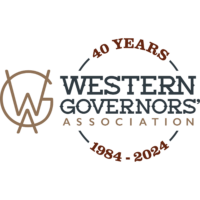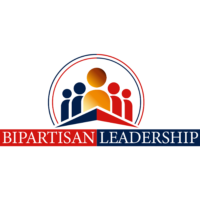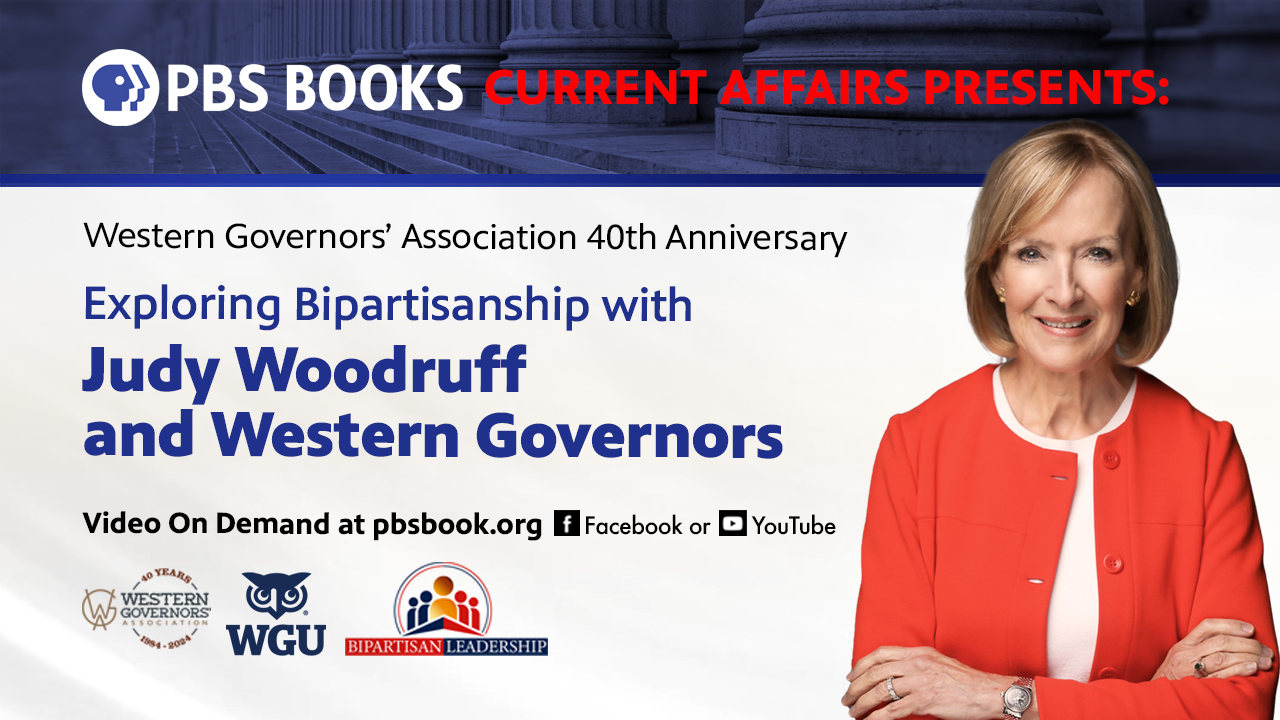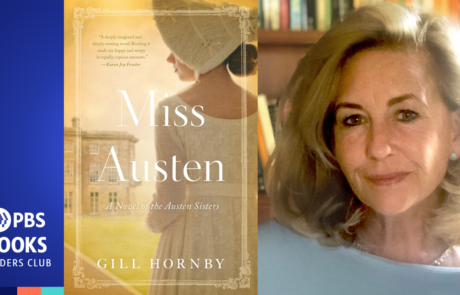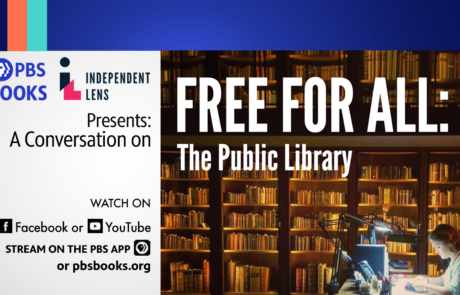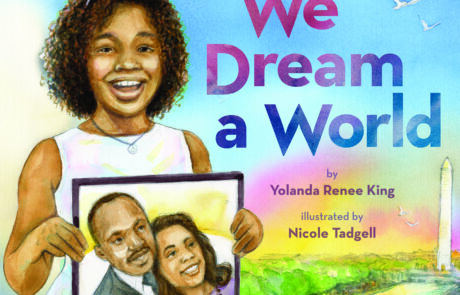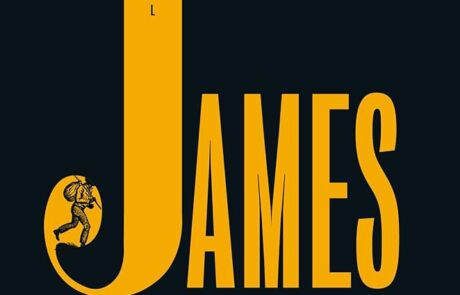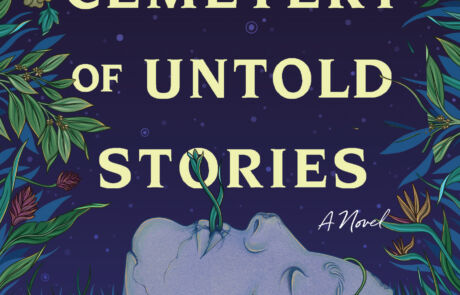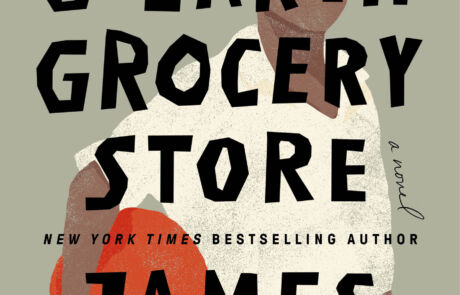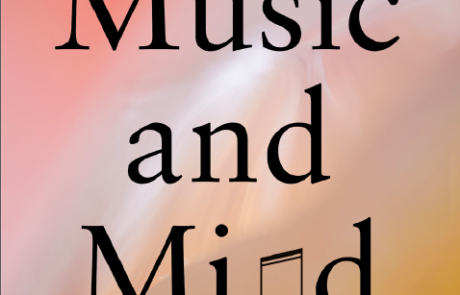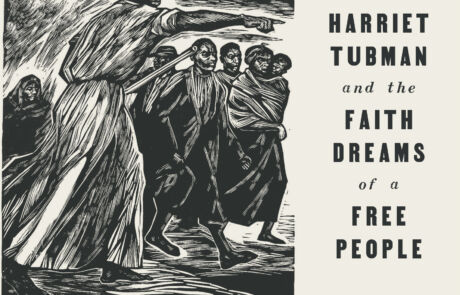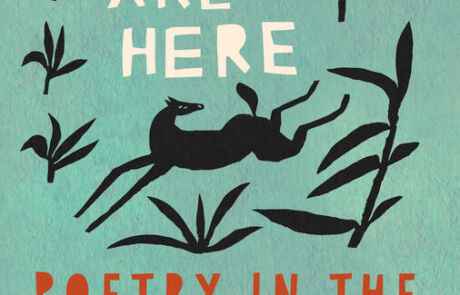Description:
PBS Books presents a conversation live from the Western Governors’ Association annual meeting. Eight current and former governors will join in discussion with former PBS Newshour anchor and managing editor Judy Woodruff. The WGA is celebrating 40 years of bipartisan cooperation around issues important to the American West.
Governors from nineteen states and three U.S. territories west of the Mississippi make up the membership of the Western Governors’ Association. For 40 years, the WGA has been convening its members to find solutions to pressing issues facing the western United States. From decarbonizing the west to protecting threatened species to imaging a new rural future, the range of issues addressed by the WGA is immense.
Eight current and former governors will take the stage with Judy Woodruff, former anchor and managing editor of the PBS Newshour. They are expected to discuss the WGA’s long history of bipartisan collaboration and solution-seeking, as well as areas where agreement remains elusive.
PBS Books will provide a live feed from this historic event, focusing on the unique challenges facing Western governors, such as water, land use, and native rights directly impact neighboring states, and the roaming wildlife on public lands know no boundaries at all. Many Native American sovereign nations prominent in American culture also make their home in the west. In recent years, nearly all western states have experienced unprecedented growth, challenging traditions and creating new issues for every state.
Current WGA Chair Mark Gordon, the Republican Governor of Wyoming will lead the meeting, wrapping up a full year of investigating how western states can reduce their carbon footprint. At the end of the meeting, he will turn over the gavel to New Mexico’s Democratic Governor, Michelle Lujan Grisham, who will announce her chair policy initiative for the coming year.
PBS Books is presenting this conversation as part of a series of public affairs programming exploring the state of civic discourse in the United States and highlighting places where bipartisan conversations take center stage.
This presentation is made possible with the financial support of Western Governors University and a partnership with the Bipartisan Leadership Project of Washington D.C.
About Western Governors Leadership Institute
The Western Governors’ Leadership Institute is a program of the Western Governors’ Foundation, the philanthropic arm of the Western Governors’ Association. The program is designed to recognize, promote and reward the effective exercise of leadership by young people in the west.
Every year the foundation selects young adults to represent their states, territories, and tribes as institute delegates. Delegates attend the annual meeting of the Western Governors’ Association, as well as a one-day leadership development forum featuring state governors, former governors, and other national thought leaders. The foundation covers all expenses associated with delegate participation.
About Western Governors University
Founded by 19 U.S. governors in 1997, Western Governors University is a non-profit, accredited online university offering more than sixty bachelor’s and master’s degree programs in the high-demand fields of business, IT, teacher education, and healthcare. WGU is recognized for its competency-based approach, which allows students to study at their own pace, making it possible for many to accelerate their studies and finish faster. Learn more at wgu.edu.
The Bipartisan Leadership Project:
The mission of the Bipartisan Leadership Project (BLP) is to initiate and guide organizations in providing leadership development that equips leaders with skills necessary to lead in the polarized environment. Leaders of the BLP have initiated political leadership programs at Michigan State University’s Institute for Public Policy and Social Research and at George Mason University’s Carter School for Peace and Conflict Resolution. These programs bring together politically, ethnically, and geographically diverse people to learn together. The program uniquely focuses on the development of conflict resolution and leadership skills for this political environment. Participants build trust, tolerance, and the ability to listen to each other in finding workable solutions to the serious problems we face. With the involvement of scholars, leaders, practitioners, and the robust interaction of participants, these programs are producing amazing results. The BLP also helped develop a leadership program for high school students at John Lewis High School to increase the pipeline for the next generation of leaders.
Interested in Learning More?
WGA 40th Anniversary Website: https://westgov.org/40th-anniversary
· WGA Governors: https://westgov.org/40th-anniversary
· WGA Issues: https://westgov.org/key-issues
Books:
· Rick Perry: A Political Life by Brandon Rottinghaus (https://a.co/d/2wxHpCW)
· Cadillac Desert: The American West and Its Disappearing Water by Marc Reisner (https://a.co/d/19owz2B)
· Empire of the Summer Moon: Quanah Parker and the Rise and Fall of the Comanches, the Most Powerful Indian Tribe in American History by S.C. Gwynne
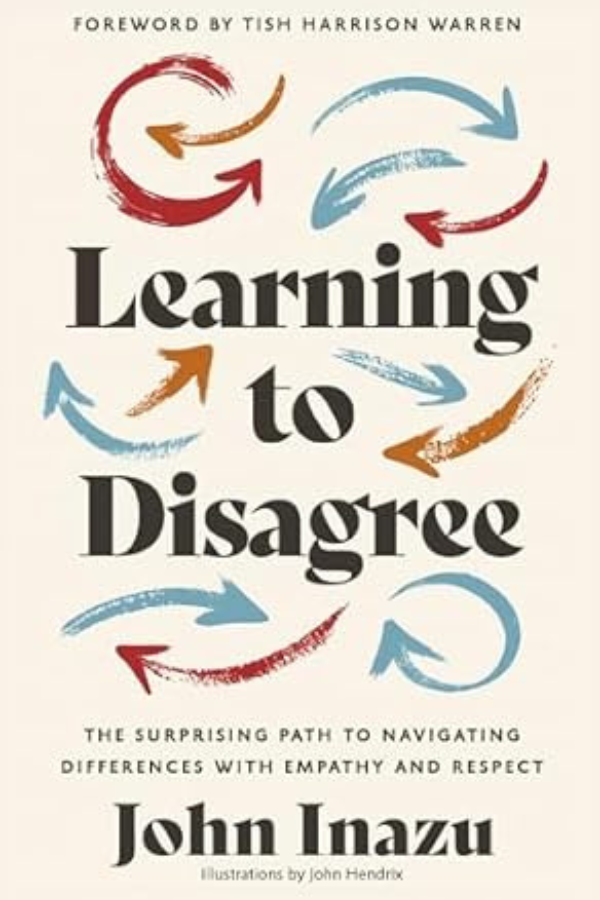
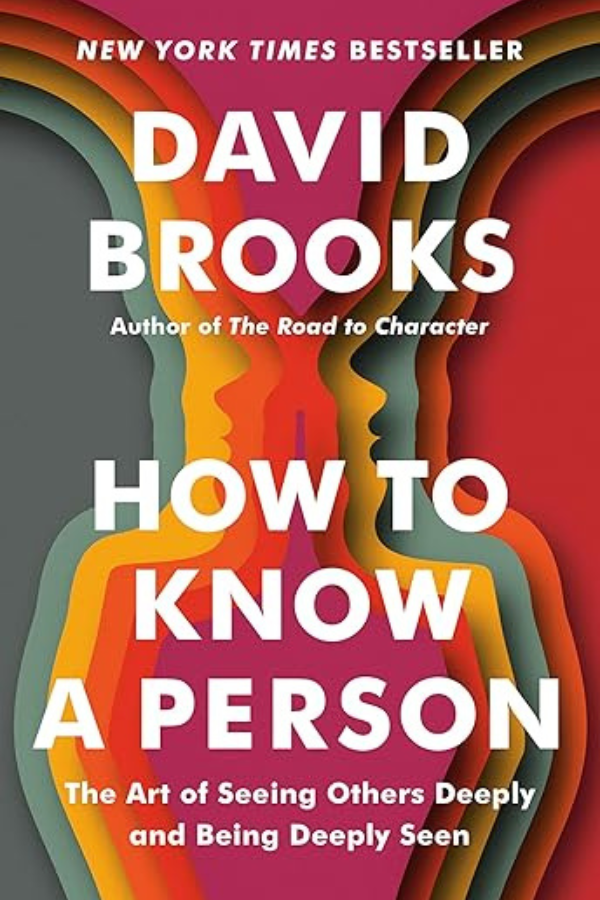
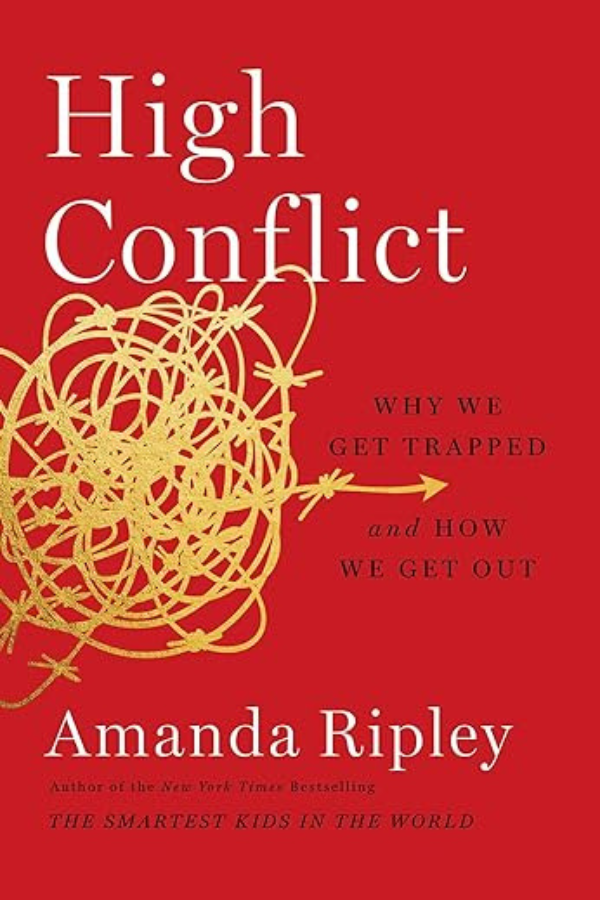
Host Biography:
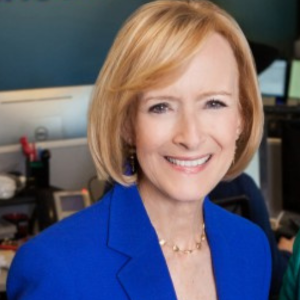
Support Provided by:
